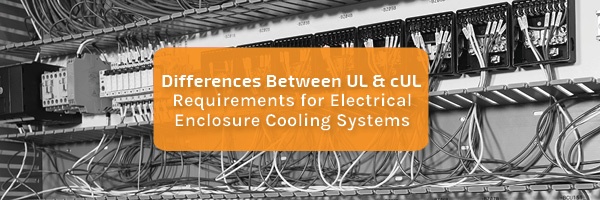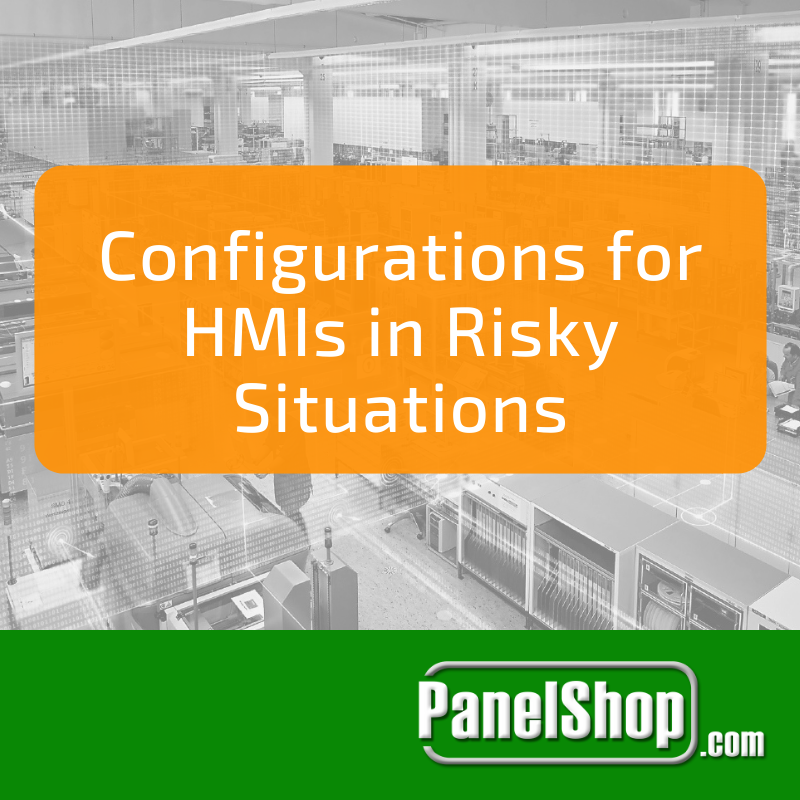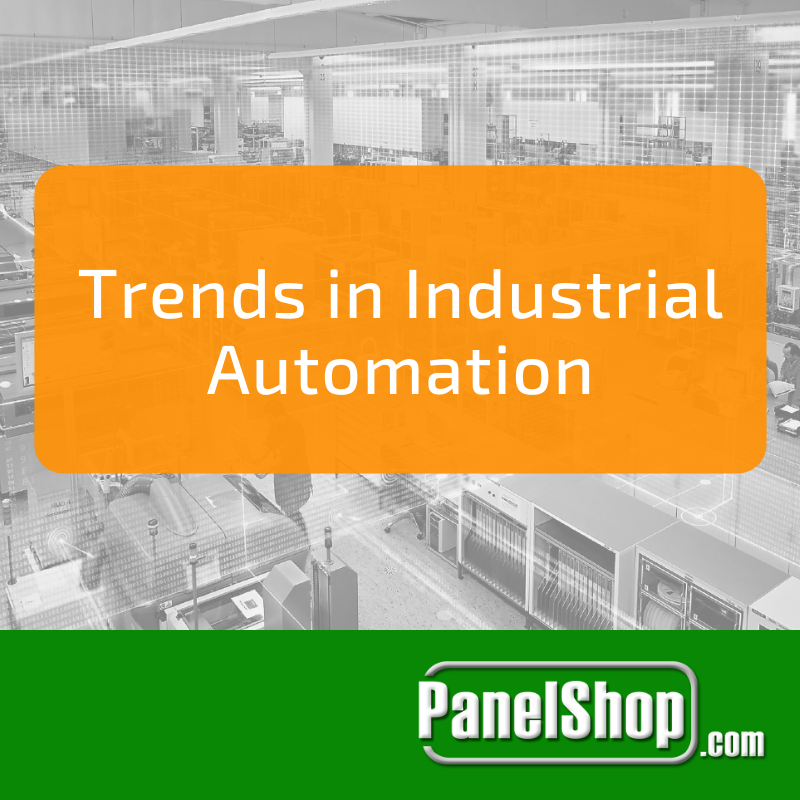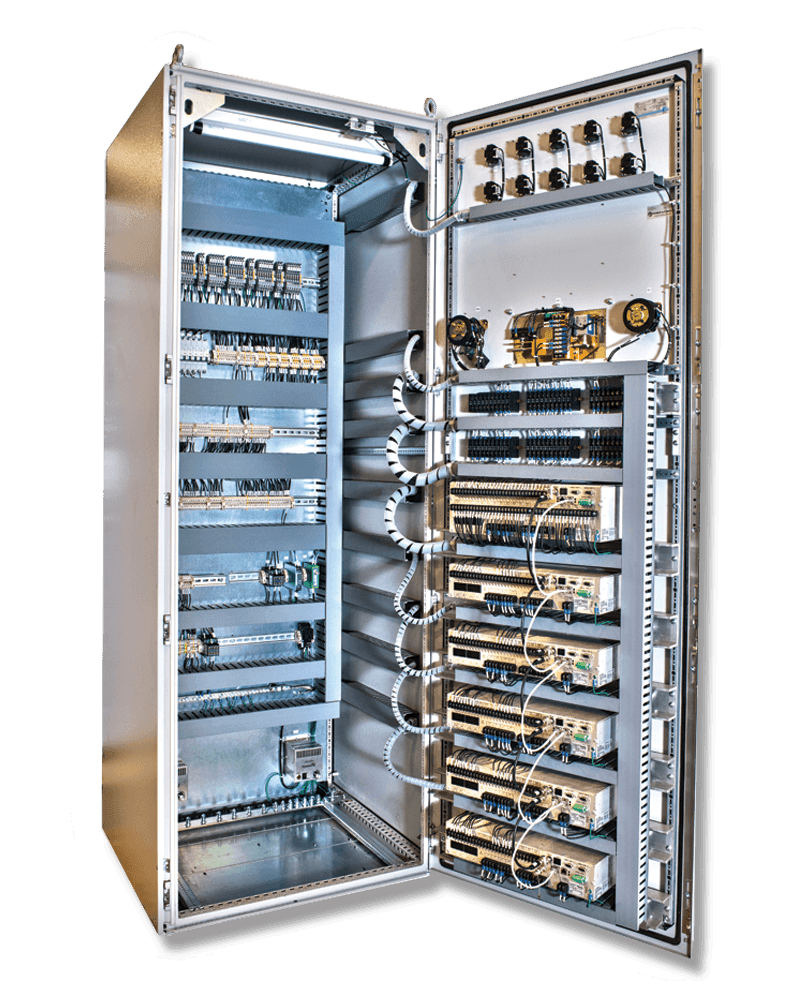
Any electrical system, no matter how small, will generate heat since it will contain a resistive element in one form or another. As the size of your load increases, so does the quantity of heat produced. Your system might be able to bear the increasing temperature initially but at some point, it will give in and the result can be fatal.
Overheating is one of the major causes of meltdowns within electrical systems leading to fires, equipment/personnel damage, decrease in revenues and waste of resources. Apart from causing serious damages, overheating can also result in abnormal behavior from your equipment. Many components that go within an electrical cabinet are temperature sensitive after a certain threshold has been met, after which they produce unexpected output.
Therefore, having the right temperature is vital for your system’s reliability and safety. In order to standardize the safety requirements for electrical enclosures, several Standards and Certifications have been set out.
In the US and Canada, there are primarily two: UL and cUL.
Both are indirectly the same as UL and cUL both correspond to Underwriters Laboratories (UL), headquartered in the United States. Their initials UL represent their mark of approval on all equipment sold in the US, while in Canada their mark is represented by cUL.
The Underwriters Laboratories or UL mark is specifically applicable to products designed and sold within the US, suitable for US electrical environment. UL certification standards like the UL508A, which is applicable on industrial control panels are based on the US National Electric Code or NEC, also known as NFPA 70.
On the other hand, cUL is reserved for equipment within the Canadian market as it has been tested based on the conditions set by Canadian government institutions, specified within the Canadian Electric Code. The code is set forward by the Canadian Standards Association which at times may overlap with the NFPA 70 but also varies widely in some regards.
Even though the two marks are sometimes used interchangeably due to the overlapping requirements and conditions of the US and Canadian electric code, they are not the same. It must be known that equipment stamped UL is not suitable for the Canadian market and may show unpredictable behavior.
The following are a few examples of the UL and cUL standards & certifications.
Operating Environment
For control panels operating under 600 Volts AC or less in general industries, the requirements set within UL 508A are applicable as per the ANSI/NFPA 70 code. In Canada for air conditioners under 600 Volts, Part I of the Canadian Electric Code comes into effect. Both UL and cUL certifications however are amendable in the presence of foreign materials such as dust, operation at higher temperatures, gases, etc.
Location of Sale
While enclosure air conditioners sold within the United States must meet the UL certifications defined under UL484, ACs sold within Canada need to meet Part I of the Electric Code.
Hazard Range
In hazardous conditions, there are numerous UL and cUL standards that come into effect and are applicable to circuit breakers, switches, outlets, plugs, valves, and so on.
Some of the commonly applied certifications include:
|
UL |
cUL |
|
UL698 for Industrial Control Panels in Classified Locations |
CS-C22.2 No. 30-1986 for explosion-proof enclosures in Class I Hazardous Locations |
|
UL1203 for explosion-proof enclosures in Classified Locations |
CSA-C22.2 No. 25-1966 for use with enclosures in Class II Hazardous Locations. |
Unified testing has also been made possible with the advent of codes that overlap the three North American Countries’ local electric codes, such as UL50 for electrical enclosures and UL248-1 for low-voltage fuses.
To learn more about our industrial control panels, please visit PanelShop.com.
Start a conversation with us, speak to an expert today!





